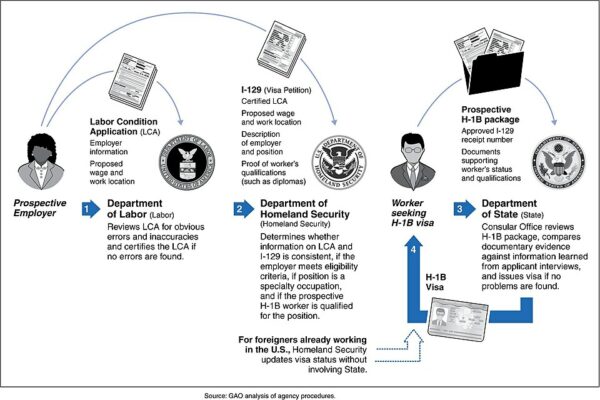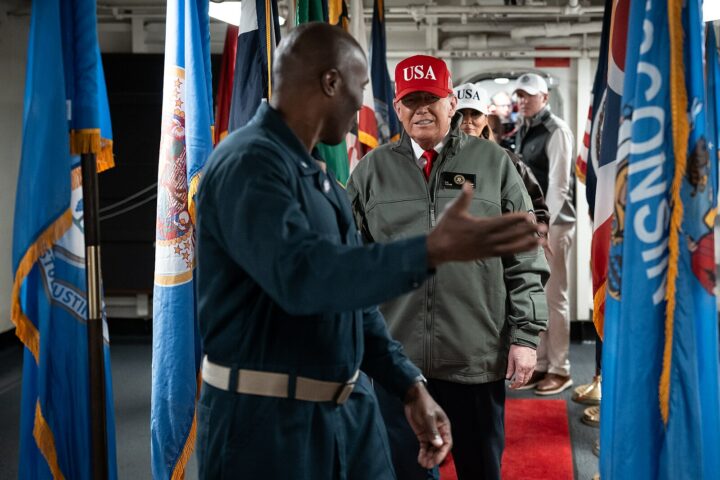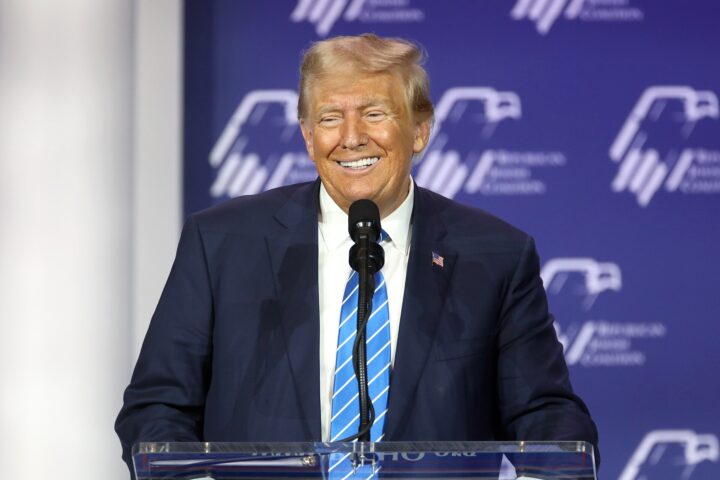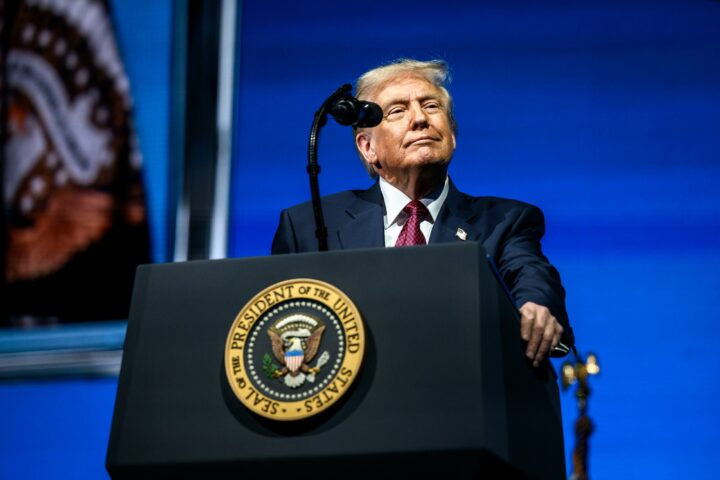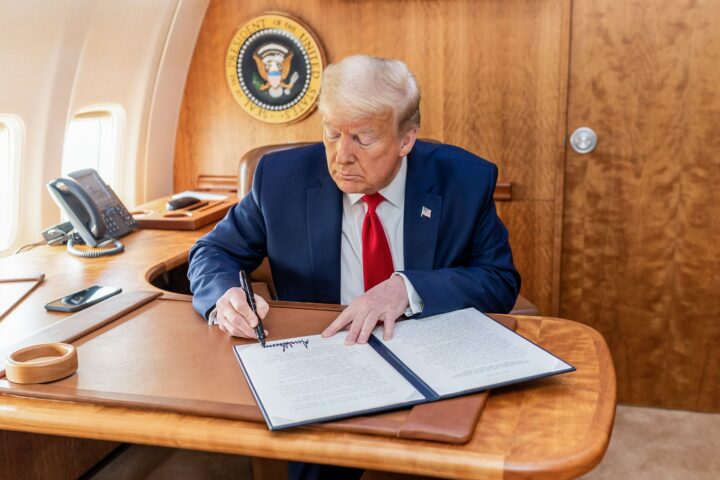The Labor Department has opened 175 active investigations into suspected H-1B visa abuses, an aggressive enforcement surge officials say is aimed at protecting wages and job opportunities for American workers. The initiative, Project Firewall, began in September and marks the administration’s most sweeping effort yet to rein in a program long criticized for displacing U.S. talent.
Labor Secretary Lori Chavez-DeRemer has personally authorized each probe—an unprecedented step meant to signal heightened scrutiny. “The Labor Department is using every resource currently at our disposal to put a stop to H-1B visa abuse, and for the first time, I am personally certifying investigations into suspected violations to better protect American jobs,” she told Fox News Digital.
The crackdown coincides with President Donald Trump’s decision to impose a $100,000 surcharge on new H-1B applications. The administration says the fee will deter mass filings that flood the system with lower-cost foreign labor while preserving room for employers with genuine, high-skill needs.
Early findings from Project Firewall point to familiar patterns: advanced-degree visa holders paid below advertised rates, more than $15 million in suspected unpaid wages, and employers failing to promptly notify immigration authorities when workers are terminated—delays that can leave foreign employees in legal limbo and undercut U.S. workers’ leverage.
Much of the scrutiny centers on Labor Condition Applications, the filings companies use to justify H-1B hiring. Investigators report fictitious job sites, duties that diverge sharply from the roles described on the forms, and wage rates below what employers pledged. Some U.S. recruitment notices appear to be perfunctory attempts to satisfy requirements rather than serious efforts to hire domestic candidates.
Other violations include “benching,” the unlawful practice of leaving visa holders unpaid between projects—an indicator, officials say, of deeper compliance problems.
The tech sector, a heavy user of H-1Bs, is drawing particular attention. Critics argue the program’s structure binds foreign workers to sponsoring employers, suppressing wages and limiting job mobility. Even industry leaders acknowledge the system’s flaws: Justin Vianello, CEO of Skillstorm, recently described the U.S. work-visa landscape as a “three-headed monster” badly in need of reform.
The administration has signaled additional changes. Proposed rules to raise wage floors and narrow eligibility to truly specialized positions appeared in the Federal Register shortly after the new fee was announced. At the signing ceremony, Commerce Secretary Howard Lutnick distilled the policy’s logic. “The whole idea is no more will these Big Tech companies or other big companies train foreign workers. They have to pay the government $100,000, then they have to pay the employee, so it’s just not [economical],” he said.
Chavez-DeRemer framed the crackdown as part of a broader workforce strategy. “Under the leadership of President Trump, we will continue to invest in our workforce, ensuring high-skilled job opportunities go to American workers first,” she said.
With significant potential back pay already identified and dozens of cases advancing, Project Firewall could reshape corporate hiring practices—and redefine the boundaries of a program at the center of America’s labor and immigration debates.

